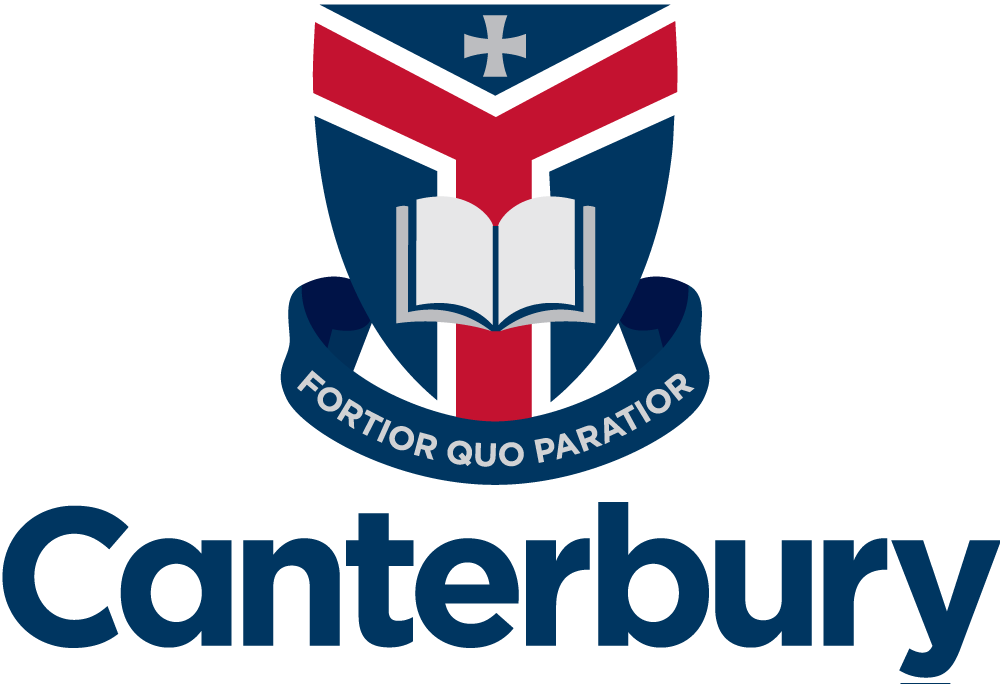Leadership Development
“It shall not be this way among you. Instead, whoever wants to become great among you must be your servant” Jesus (Matthew 20:26)

In John 13 we see a powerful story of Jesus washing his disciple’s feet (John 13:1-17). This example exemplifies the model of servant leadership followed by every leader at Canterbury college. Seeking first to serve those that they lead, students are taught that leadership is all about others.
Throughout the life of Jesus, we see this model of servant leadership brought to life in his dealings with those around him. Jesus saw the treasure in people and sought to bring out the best in them. For him, every person had something they should be contributing, and the community was richer for their contribution.
Servant leadership begins with an understanding that it is every leader’s job to bring out the best in those that they lead. To quote the conductor Bernhard Haitink:
‘It’s not about power . . . It’s not about me imposing my wonderful interpretation on the music. . .. It’s about motivating . . . making space . . . about practising musicianship with musicians.’
At Canterbury we passionately believe that every student can be a leader and it is our responsibility to train, challenge and equip our students to this end.
We do this by providing opportunities for students to lead their peers, in both formal and informal roles, throughout their schooling years:
- Engage in formal leadership training
- Step into formal leadership roles in Years 6, 9 and 12
- Champion causes they are passionate about
- Lead informal groups of their peers
- Engage in local, national, and international tours where they are exposed to unfamiliar and challenging situations
- Reflect on aspects of their self-leadership.
Students aspiring to leadership positions at Canterbury in Years 6, 9 and 12 must demonstrate a clear conviction about servant leadership and an ability to provide a representative and compassionate voice.

